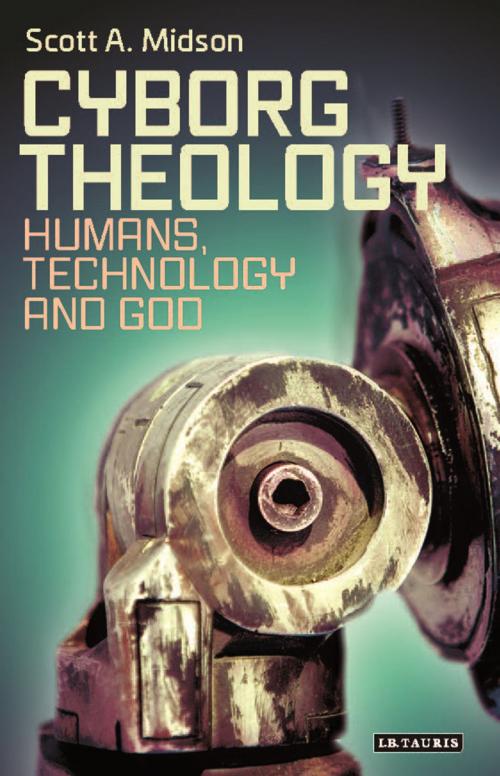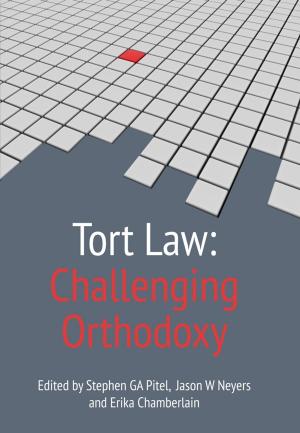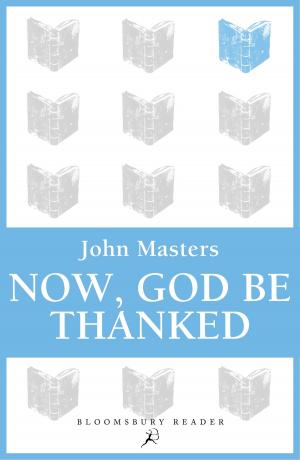Cyborg Theology
Humans, Technology and God
Nonfiction, Science & Nature, Nature, Religion & Spirituality, Philosophy, Social & Cultural Studies, Social Science| Author: | Dr. Scott A. Midson | ISBN: | 9781786722959 |
| Publisher: | Bloomsbury Publishing | Publication: | October 30, 2017 |
| Imprint: | I.B. Tauris | Language: | English |
| Author: | Dr. Scott A. Midson |
| ISBN: | 9781786722959 |
| Publisher: | Bloomsbury Publishing |
| Publication: | October 30, 2017 |
| Imprint: | I.B. Tauris |
| Language: | English |
The concept of the cyborg, or cybernetic organism, has led to notably creative explorations of the ambiguous relationship between human beings and technology. In particular, Donna Haraway argued in her famous 1991 'Cyborg Manifesto' that people, since they are so often now detached and separated from nature, have themselves evolved into cyborgs. This striking idea has had considerable influence within critical theory, cultural studies and even science fiction (where it has surfaced, for example, in the Terminator films and in the Borg of the Star Trek franchise). But it is a notion that has had much less currency in theology. In his innovative new book, Scott Midson boldly argues that the deeper nuances of Haraway's and the cyborg idea can similarly rejuvenate theology, mythology and anthropology. Challenging the damaging anthropocentrism directed towards nature and the non-human in our society, the author reveals – through an imaginative reading of the myth of Eden – how it is now possible for humanity to be at one with the natural world even as it vigorously pursues novel, 'post-human', technologies.
The concept of the cyborg, or cybernetic organism, has led to notably creative explorations of the ambiguous relationship between human beings and technology. In particular, Donna Haraway argued in her famous 1991 'Cyborg Manifesto' that people, since they are so often now detached and separated from nature, have themselves evolved into cyborgs. This striking idea has had considerable influence within critical theory, cultural studies and even science fiction (where it has surfaced, for example, in the Terminator films and in the Borg of the Star Trek franchise). But it is a notion that has had much less currency in theology. In his innovative new book, Scott Midson boldly argues that the deeper nuances of Haraway's and the cyborg idea can similarly rejuvenate theology, mythology and anthropology. Challenging the damaging anthropocentrism directed towards nature and the non-human in our society, the author reveals – through an imaginative reading of the myth of Eden – how it is now possible for humanity to be at one with the natural world even as it vigorously pursues novel, 'post-human', technologies.















